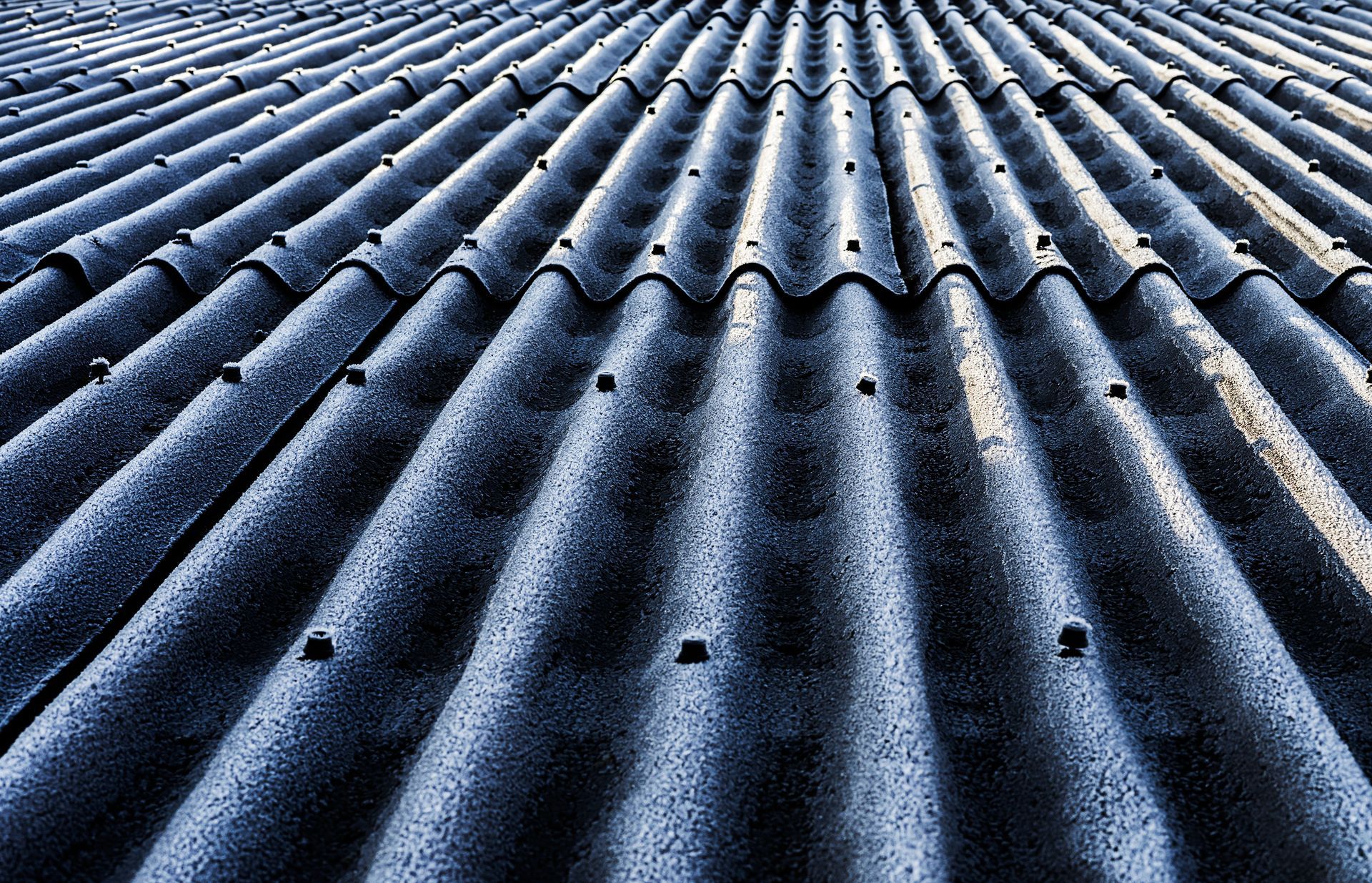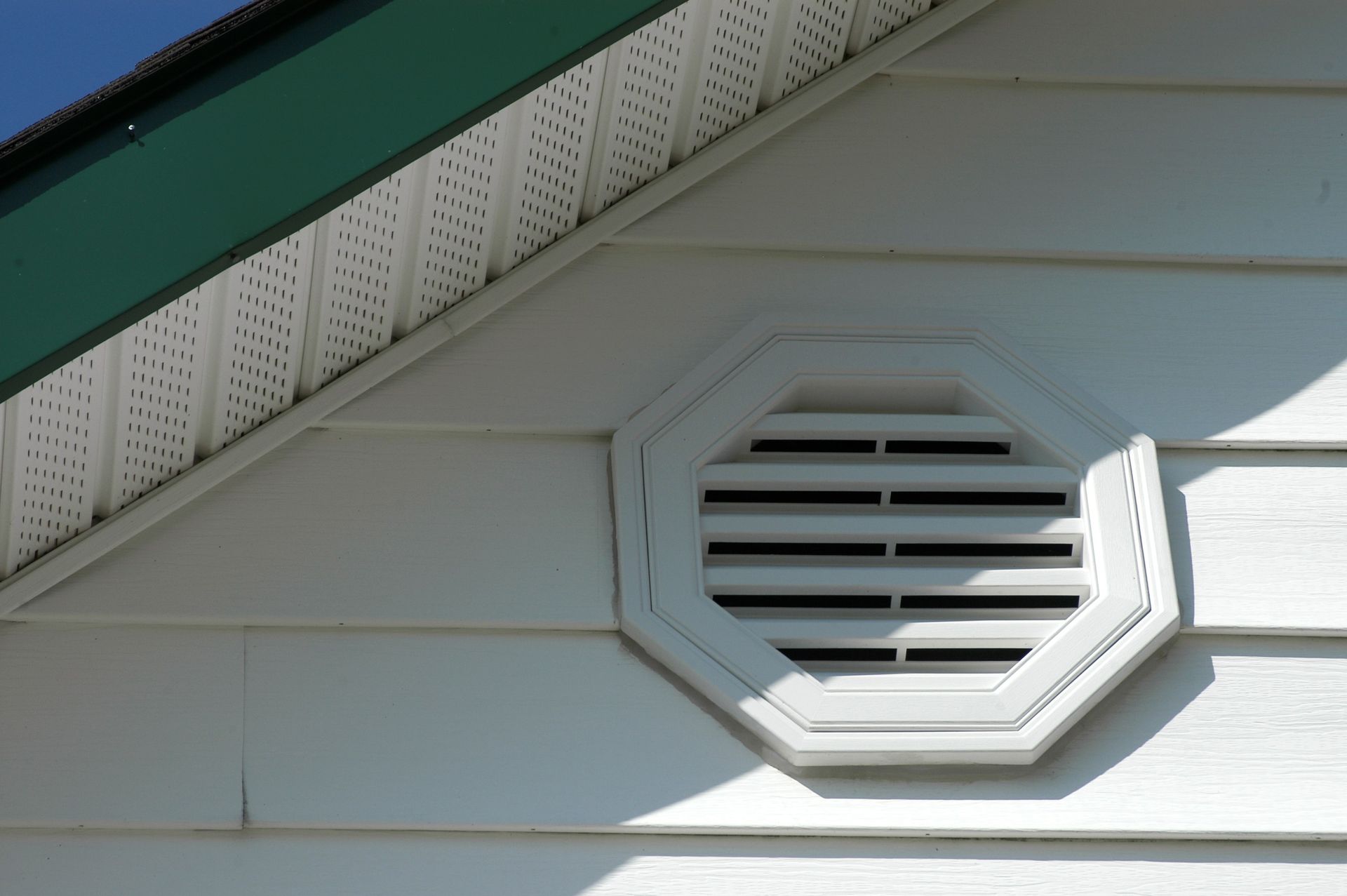Which Decking Has the Best Durability to Seattle Weather Elements?

Seattle is not kind to homeowners’ decks. Never-ending rainfall, high moisture levels that exacerbate your risk of mold growth and wood rot, ice in the winter that can expand in the cracks of your deck and cause the wood to split and the persistent risk of pest infestations – there’s a lot working against your deck in the Pacific Northwest. But for the many months when the weather is idyllic, there’s no better place to be than out on your deck. To enjoy your deck during the best times, you need to be able to protect it during the worst.
What Makes a Deck Durable?
Moisture-Resistant
Preventing water absorption is the best way to minimize the risk of wood warping, cracking or splintering. Applying waterproof stains or sealants regularly is the most reliable way to repel water. Ensuring you have adequate drainage with functioning gutters and some kind of deck cover can also prevent rain from falling directly onto your deck.
Rot and Decay-Resistant
Constant rainfall can threaten the structural integrity of your deck, weakening the wood and potentially leading to rot or decay that compromises the deck’s safety. Persistent rain also tends to draw out pests that will try to burrow and hide from Seattle’s weather within weaker decks, exacerbating wood rot or decay and further ruining your deck. Keeping your deck free of leaves, mildew and debris, which can trap moisture and attract pests, can lower your risk of wood rot as well as pest infestations.
UV-Resistant
Even in a state as perpetually cloudy as Seattle, UV rays can still be an issue. In the summer, intense UV rays can cause decks to fade, crack and even grow weaker and more brittle in some cases. A deck is considered durable if it has UV-resistant properties that preserve its color and structural integrity for longer. UV-resistant sealants can enhance your deck’s durability.
Manageable Maintenance
A deck should save you time and money on maintenance. High-maintenance decks can quickly become a drain on your finances, necessitating frequent and expensive repairs or premature replacement. A well-built deck constructed using weather-resistant materials will allow homeowners to spend less money and exert less effort on regular maintenance. You can also reduce your need for maintenance with regular deck and backyard upkeep – for example, trimming overhanging branches or plants that can drip water onto the deck can prevent excess moisture absorption.
While these tricks can help you fortify your deck against Seattle’s more brutal weather conditions, some deck materials offer more natural resistance and durability that can potentially save you money and grief on repairs and replacement in the future.
Least to Most Durable Types of Decking Material Options
- Pressure-Treated Wood: Pressure-treated wood is highly prone to water absorption when subjected to regular moisture levels on a regular basis, making it a poor choice for Seattle homeowners.
- Cedar: Cedar’s natural oils help protect it from weather-related rot as well as pest infestations, but it needs routine maintenance to ensure maximum protection and longevity. Although it may require more maintenance than composite decking, cedar’s natural grain and stainability make it one of the more attractive decking options. Many homeowners find the occasional upkeep a small price to pay for a sturdy and beautiful deck.
- Hardwood: Hardwoods like teak and Ipe offer some resistance due to their dense grain and natural weather resistance, but they require maintenance to preserve their quality.
- PVC: PVC is entirely synthetic, eliminating the possibility of wood rot, mold and mildew growth and the other risks inherent with natural wood. Moreover, it’s easy to clean and is patterned to resemble natural wood without the upkeep organic materials can require. A common complaint is its heat retention. Prolonged direct sunlight in the summer can make the material too hot to walk on, although this isn’t always an issue in overcast Seattle.
- Composite Wood: Composite wood has the benefits of PVC, along with all the mentioned pros of a durable deck: moisture-resistant, rot-resistant, UV-resistant and low maintenance. It’s composed of recycled wood fibers and plastic, so homeowners can still have a deck with some natural elements while enjoying the durability of synthetic deck materials. The materials are also typically more affordable than PVC.
Our Seattle and Puget Sound Decking Experts Will Construct Your Dream Deck and Ensure It Lasts for Many Years to Come
At Chet’s Roofing & Construction Inc., we offer a variety of deck materials – from stunning cedar to resilient composite decking – that suit your design style and preference while ensuring they provide maximized durability so you can get the biggest bang for your buck.
Learn more about our construction services or call (877) 611-1514 to schedule a home visit and start designing your deck today.



